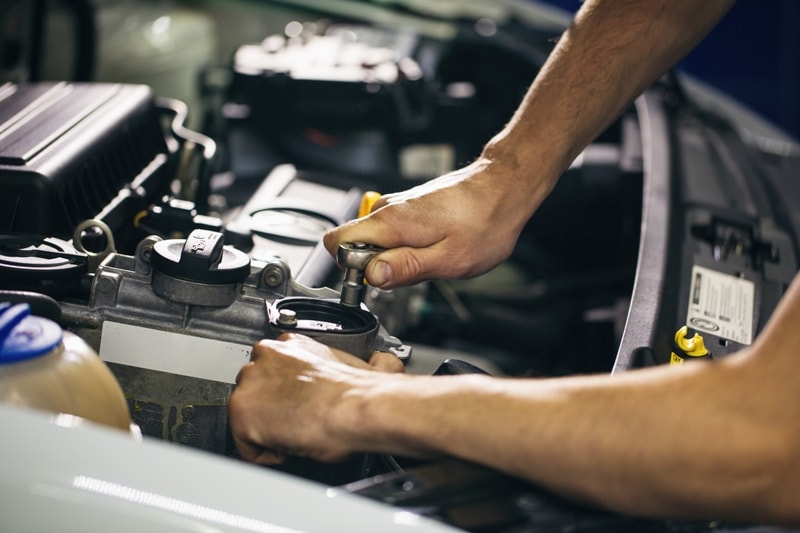You may have come to the point where you were so tempted to not get your vehicle
maintenance checkup because you either were lazy or were “too busy” to do. Well if you’re not
that kind of person, then kudos to you! But for the rest of us, we’ve thought about it.
Did you know that regular maintenance is just like going to the doctor? Even when you’re
healthy and feel fine, you go to the doctor to keep your health in check. The same goes for car
check-up and maintenance.
Always check your owner’s manual to know the recommended car check-up and maintenance.
Why Is Preventive Maintenance Important?
1. Prevents Future Critical Issues
If you want to continue driving your car for a long time and have peace of mind whenever
you’re on the road, then you need to follow the recommended maintenance. The reason for
that is to prevent future serious issues with your car in the future. Imagine going for a long
drive with your friends but end up on the side of the road in nowhere because your car
suddenly made a clink-clank-clank sound and eventually stopped.
2. Prolongs the Life of Your Vehicle
Not only does preventive maintenance save you from serious damages and breakdowns but it
can help you extend the life of your vehicle. Don’t just be a reactive car owner but be a
proactive one!
Preventive Maintenance You Should Follow
1. Check Your Fluids Regularly
Although you’re not skilled in changing the oils of your car, it doesn’t have to take a genius to
check the state of your fluids. You should regularly inspect your wiper fluids, antifreeze, engine
coolant, and power steering. If you notice that your fluids are low, add more. Don’t forget to
check for any leaks, it’s best to ignore if this happens.
2. Give Your Car a Thorough Wash at Least Once a Week
Heavy rains, mud, dust, polluted air, and small debris can cause a number on your car is left
grimy for a long time. The purpose of cleaning your car is not just to make the exterior look
good but this is a way for you to prevent any damage due to the small debris, muds, or acid
rain. If your car is not washed regularly, chances are you’re going to see rust building up on
some parts.
3. Oil Change and Oil Filter Replacement Every Month
Depending on the type of car that you own, you can check the oil level by using a dipstick or an
electronic gauge. Just with all types of oils, you’ll know the difference between good oil and bad
oil you’d want to drain immediately. If you stick your dipstick and see a clean oil, then your car
is still good for road trips but when you see a dark, muddy oil, we do recommend changing it
already. It’s good practice to also change your oil filter together with your oil change since you
can do it in one go.
4. Check Tires and Tire Pressure Every Month
Visually check your tires every month and see if the thread is still good for the road or you can
also check by using the “penny trick”. In checking your tire pressure, Use a pressure gauge. Not
only will this help you be safe on the road but healthy tires help you save fuel.
5. Rotate Your Tires Every 6 Months
You might be wondering why you need to rotate your tires every 6 months when in fact, all four
of them are touching the road at the same time. But this isn’t the case, thread wear patterns
can vary from front to back or even on each side. Make your car tires last longer by rotating
them. Your owner’s manual will give you an idea of how often you should do this.
6. Make Sure to Check Your Brakes
How many road accidents have you heard because of faulty brakes? A lot right? This is why
before you hit the road, make sure your brakes are working properly. The rule of thumb is that
whenever you get an oil change, have the mechanic check your brakes and suspension system.



